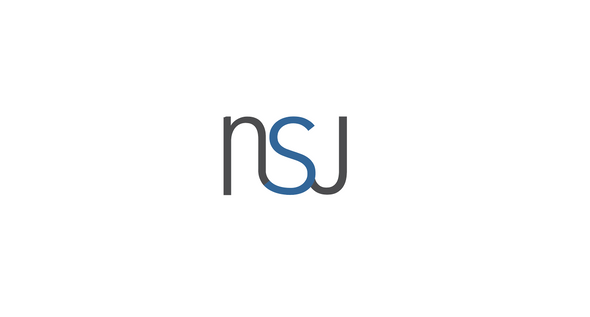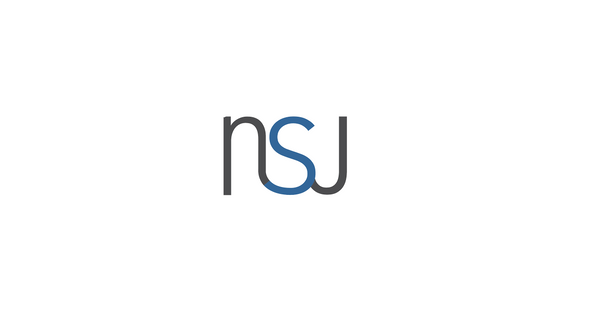Description
ATG7 Antibody / APG7 | F54380-0.4ML | Gentaur US, UK & Europe Disrtribition
Family: Primary antibody
Formulation: In 1X PBS, pH 7.4, with 0.09% sodium azide
Format: Purified
Clone: N/A
Host Animal: Rabbit
Clonality: Polyclonal (rabbit origin)
Species Reactivity: Human, Mouse
Application: IF, WB, IHC-P
Buffer: N/A
Limitation: This ATG7 antibody is available for research use only.
Purity: Antigen affinity purified
Description: Macroautophagy is the major inducible pathway for the general turnover of cytoplasmic constituents in eukaryotic cells, it is also responsible for the degradation of active cytoplasmic enzymes and organelles during nutrient starvation. Macroautophagy involves the formation of double-membrane bound autophagosomes which enclose the cytoplasmic constituent targeted for degradation in a membrane bound structure, which then fuse with the lysosome (or vacuole) releasing a single-membrane bound autophagic bodies which are then degraded within the lysosome (or vacuole). APG7 functions as an E1 enzyme essential for multisubstrates such as GABARAPL1 and ATG12. APG3L is an E2-like conjugating enzyme facilitating covalent binding of APG8 (MAP1LC3) to phosphatidylethanolamine (PE). APG7 (an E1-like enzyme) facilitates this reaction by forming an E1-E2 complex with APG3. Formation of the PE conjugate is essential for autophagy.
Immunogen: A portion of amino acids 540-569 from the human protein was used as the immunogen for the ATG7 antibody.
Storage: Aliquot the ATG7 antibody and store frozen at -20 °C or colder. Avoid repeated freeze-thaw cycles.






